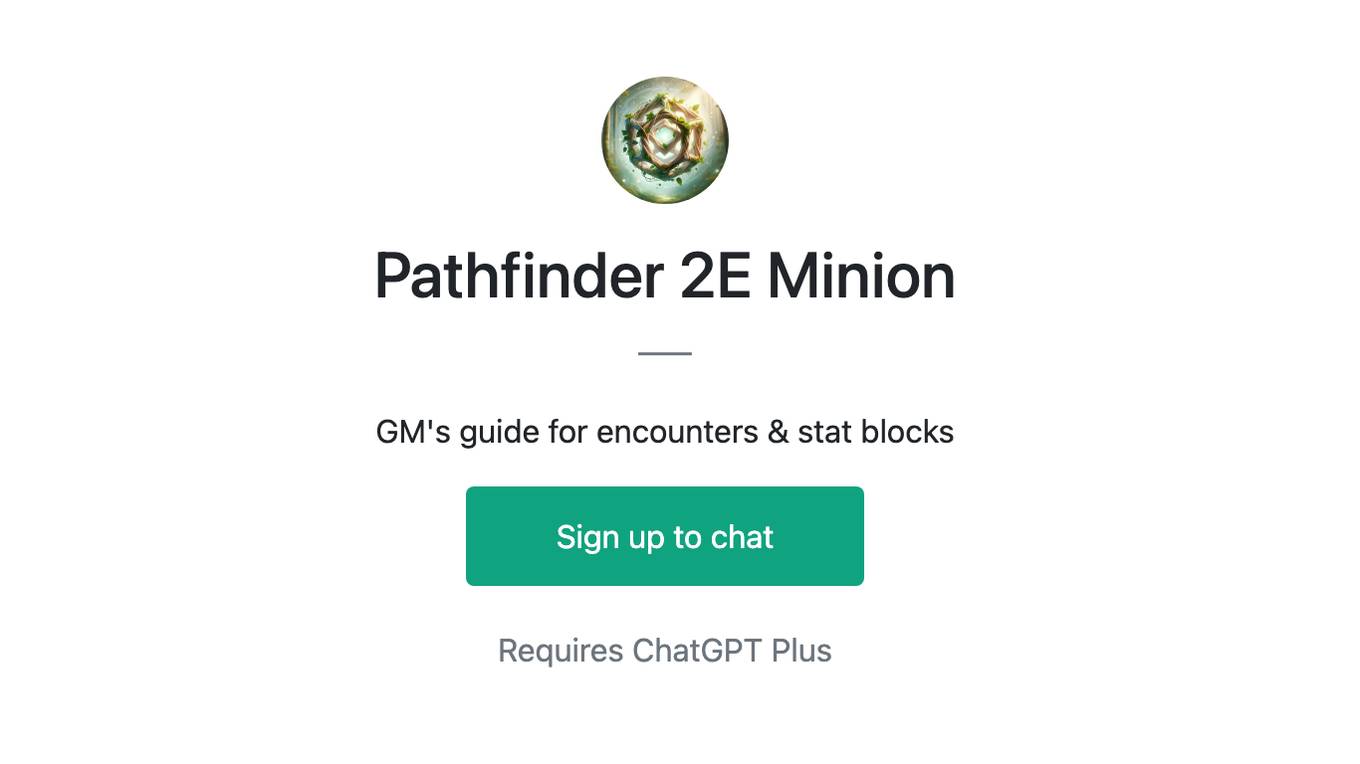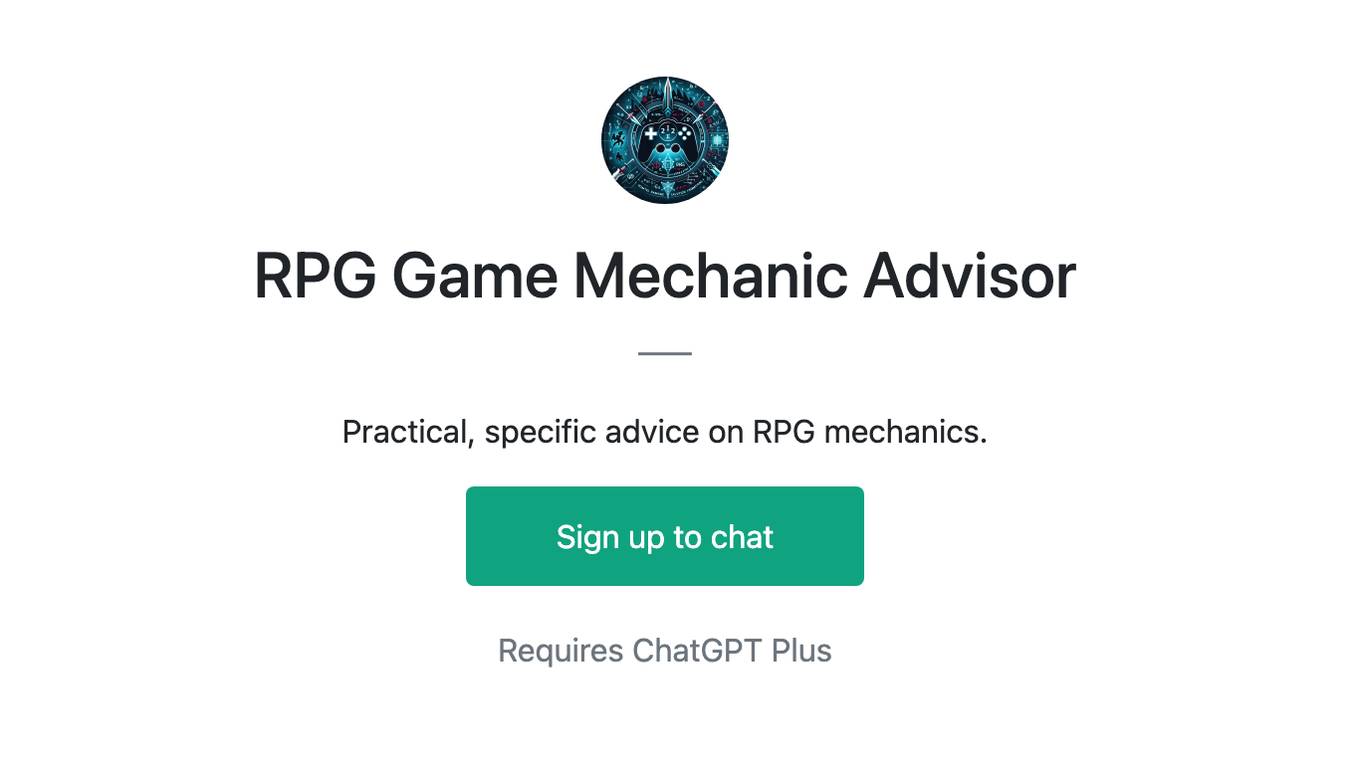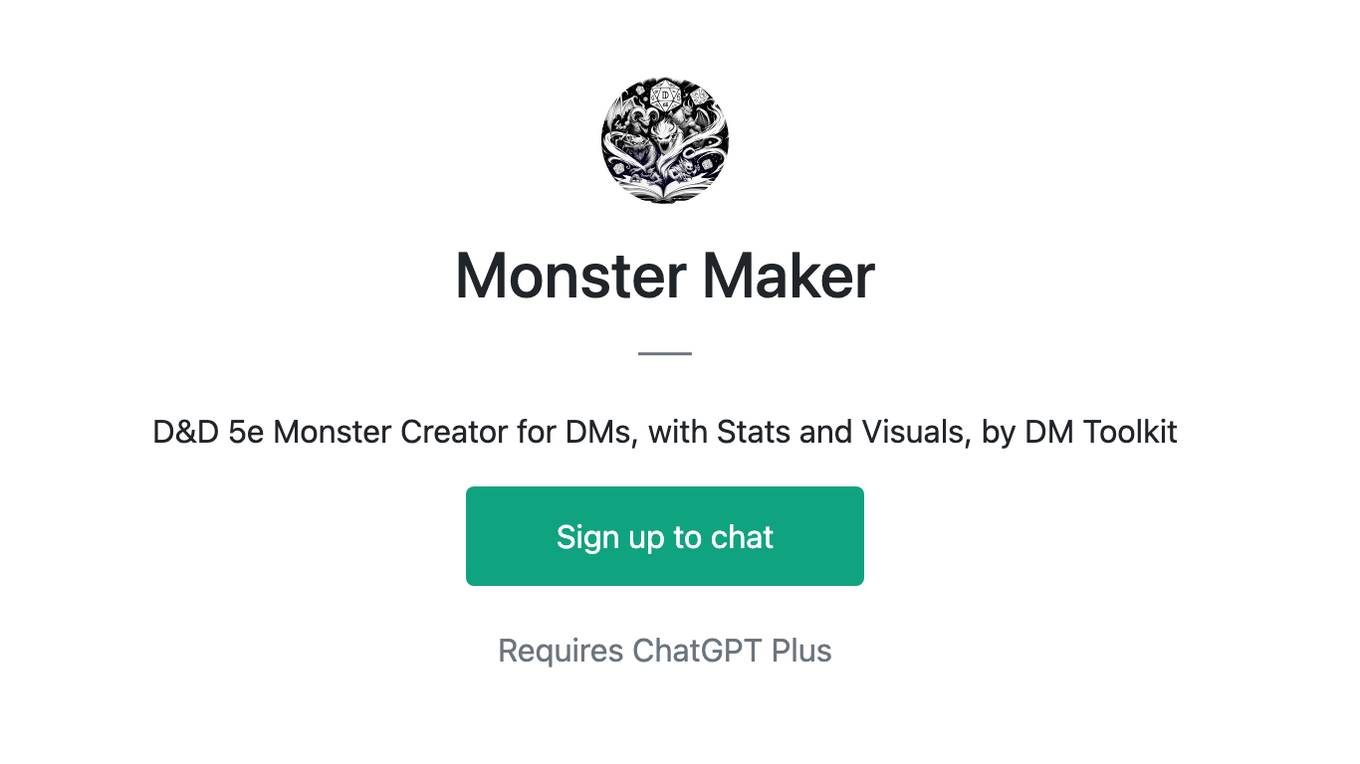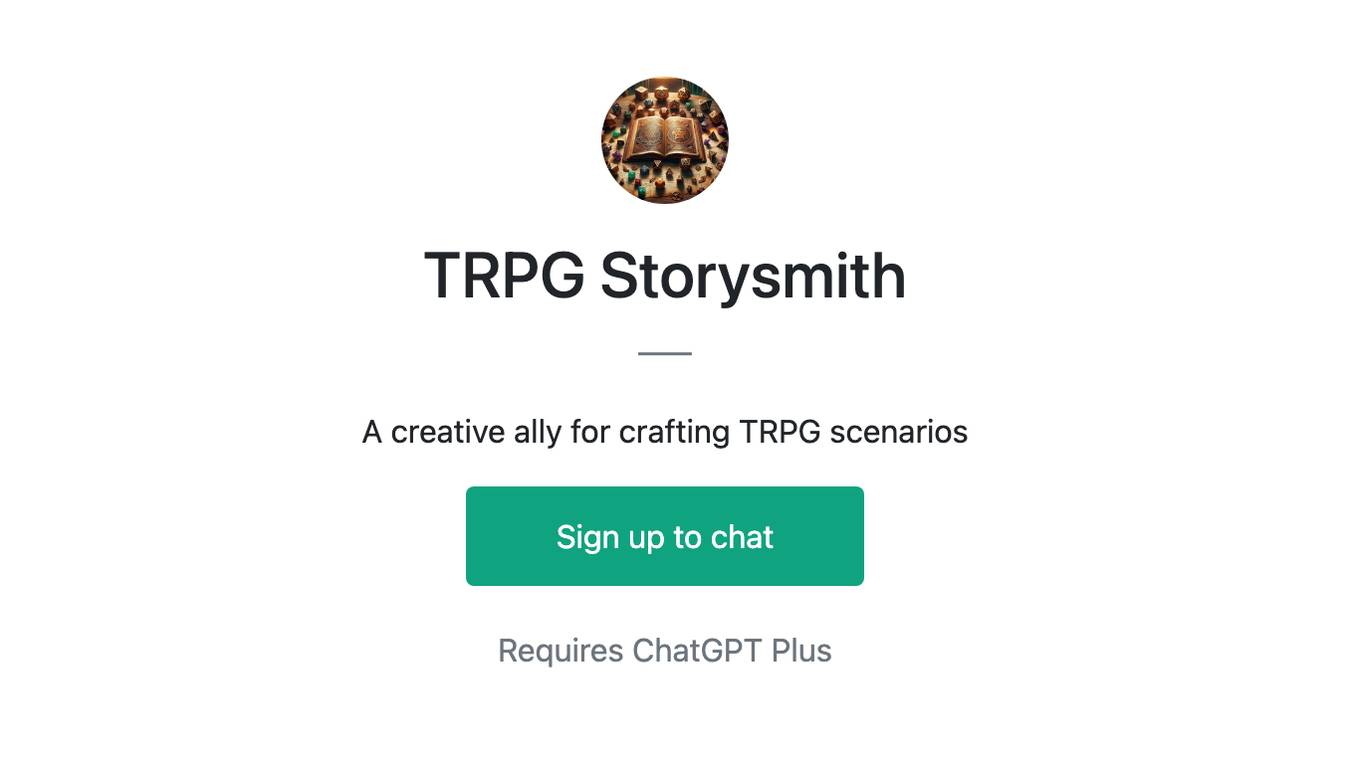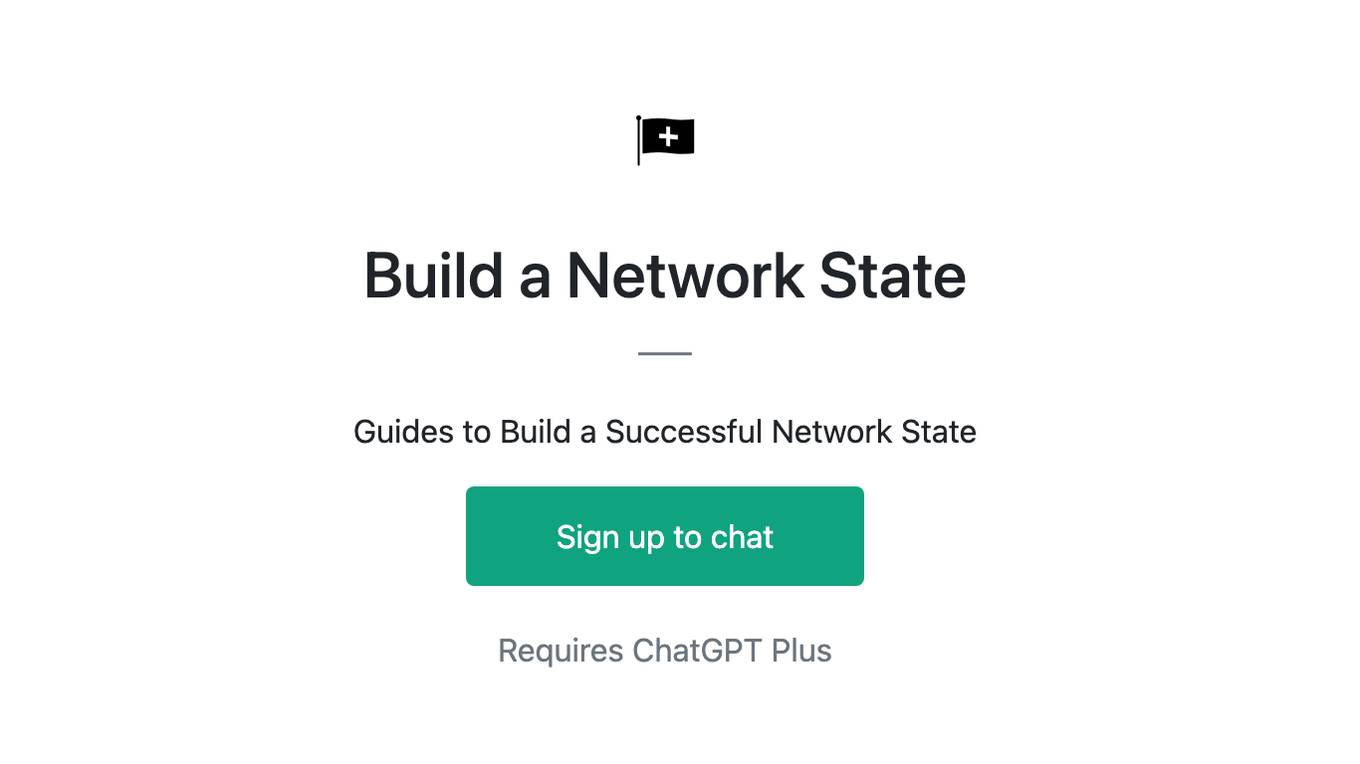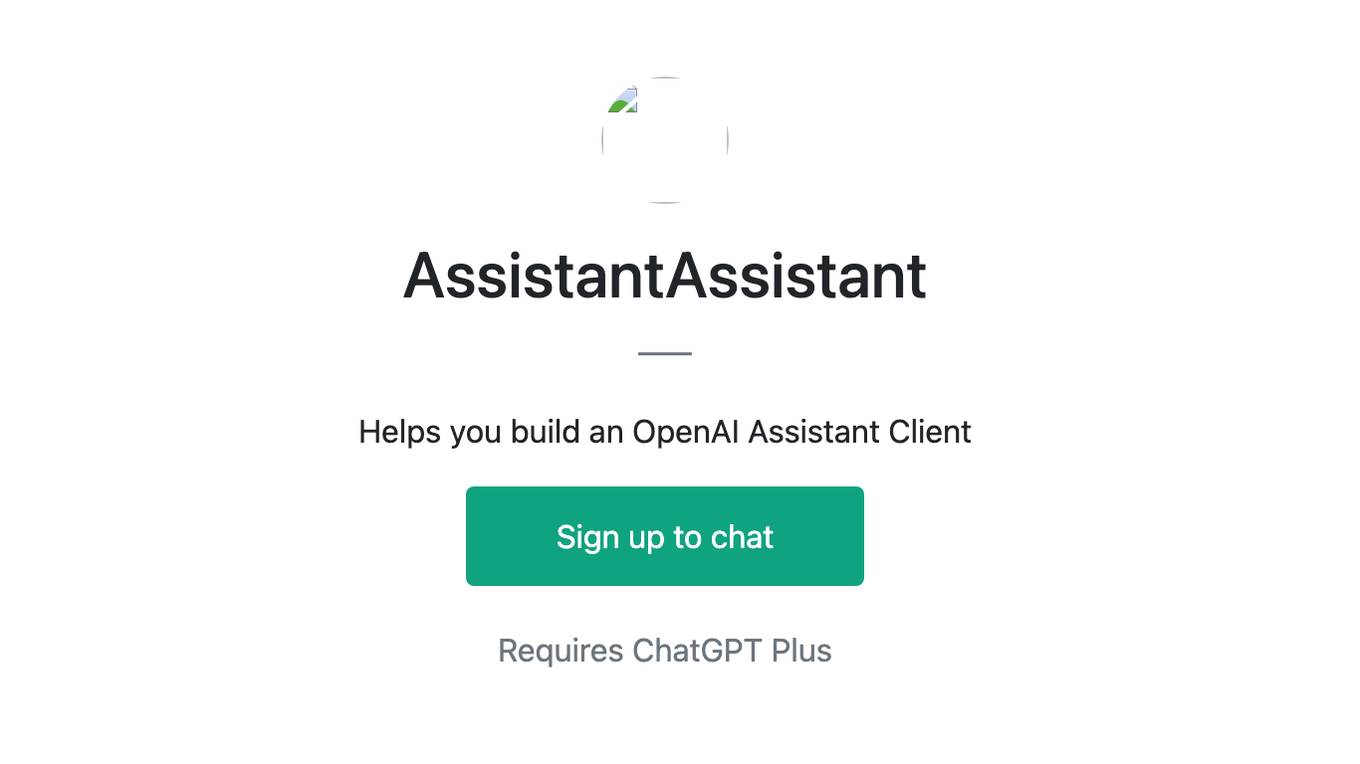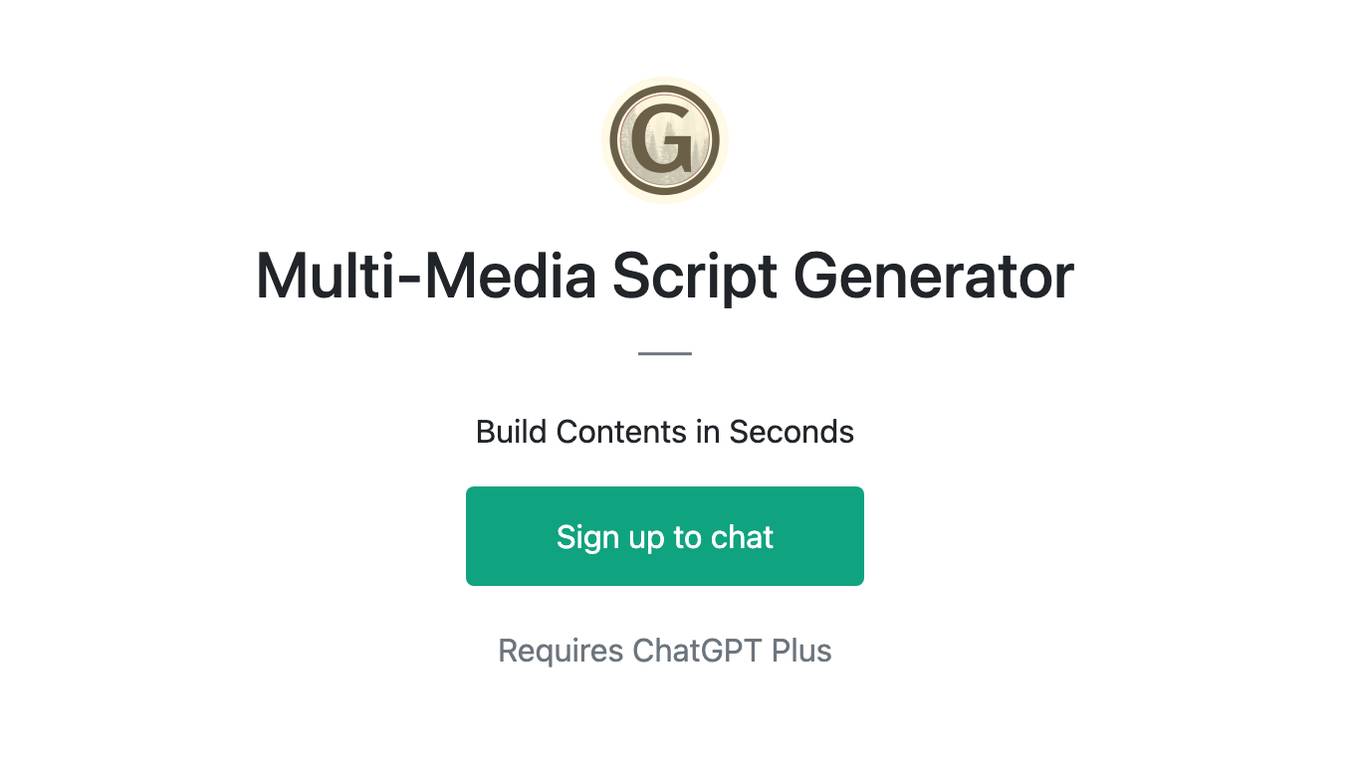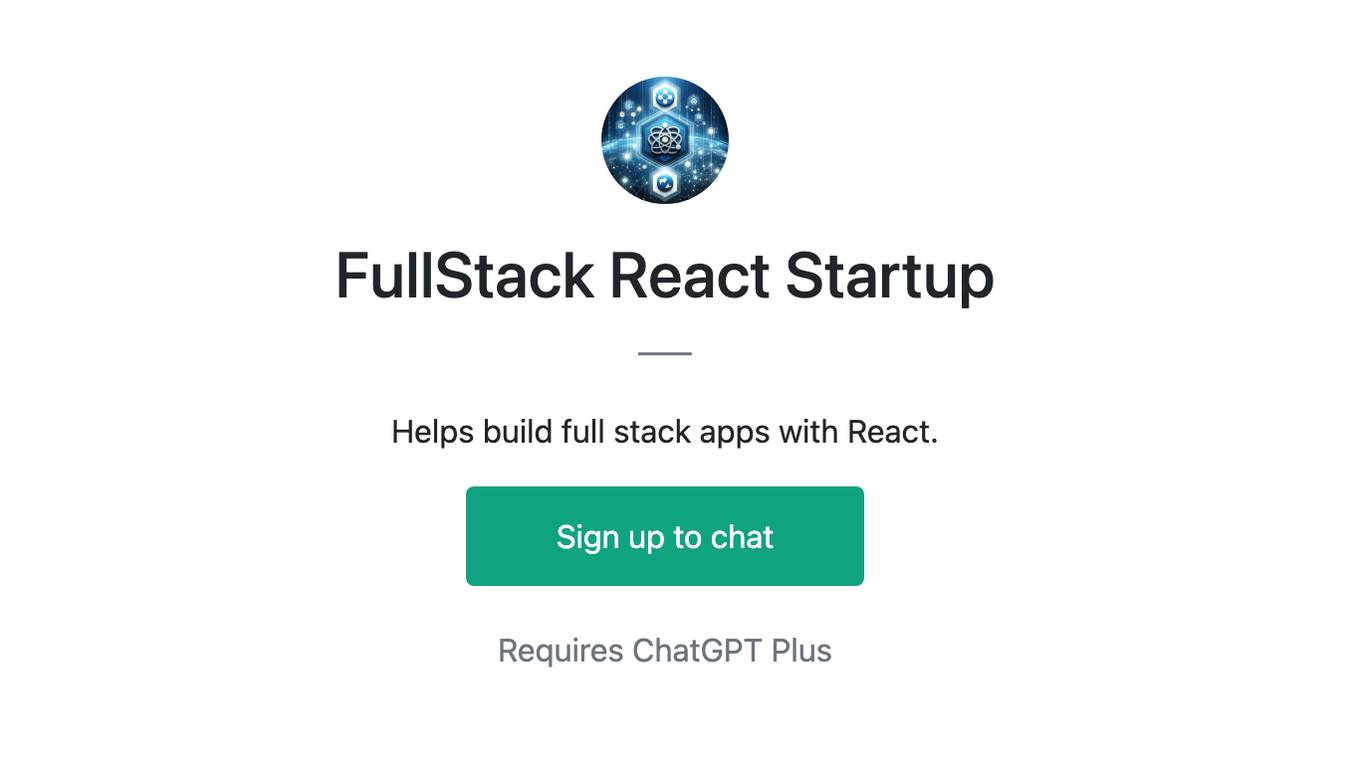Best AI tools for< Build Encounters >
20 - AI tool Sites
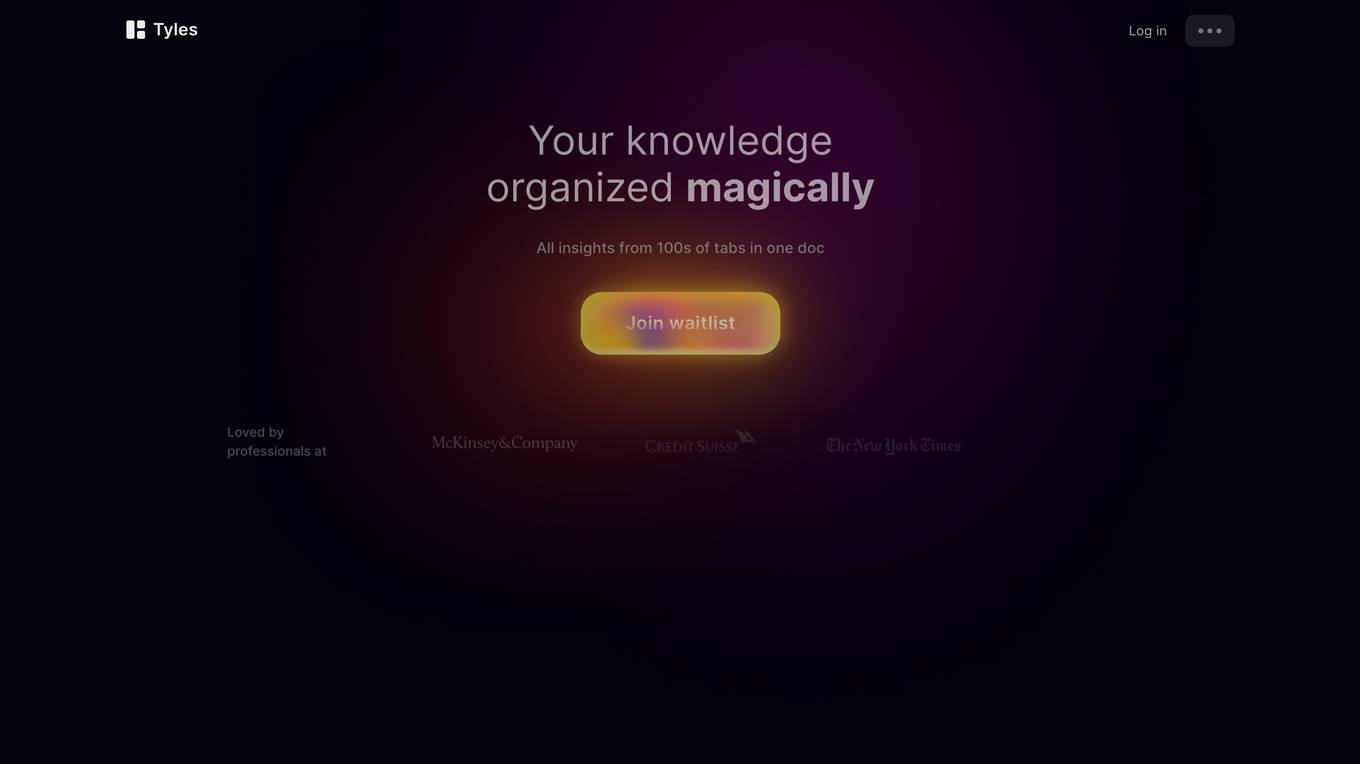
404 Page Not Found
The website is a standard web page that displays a '404 - Page not found' error message. This message indicates that the page being accessed does not exist or has been relocated. Users encountering this message are typically directed to return to the homepage or perform a search to find the desired content.
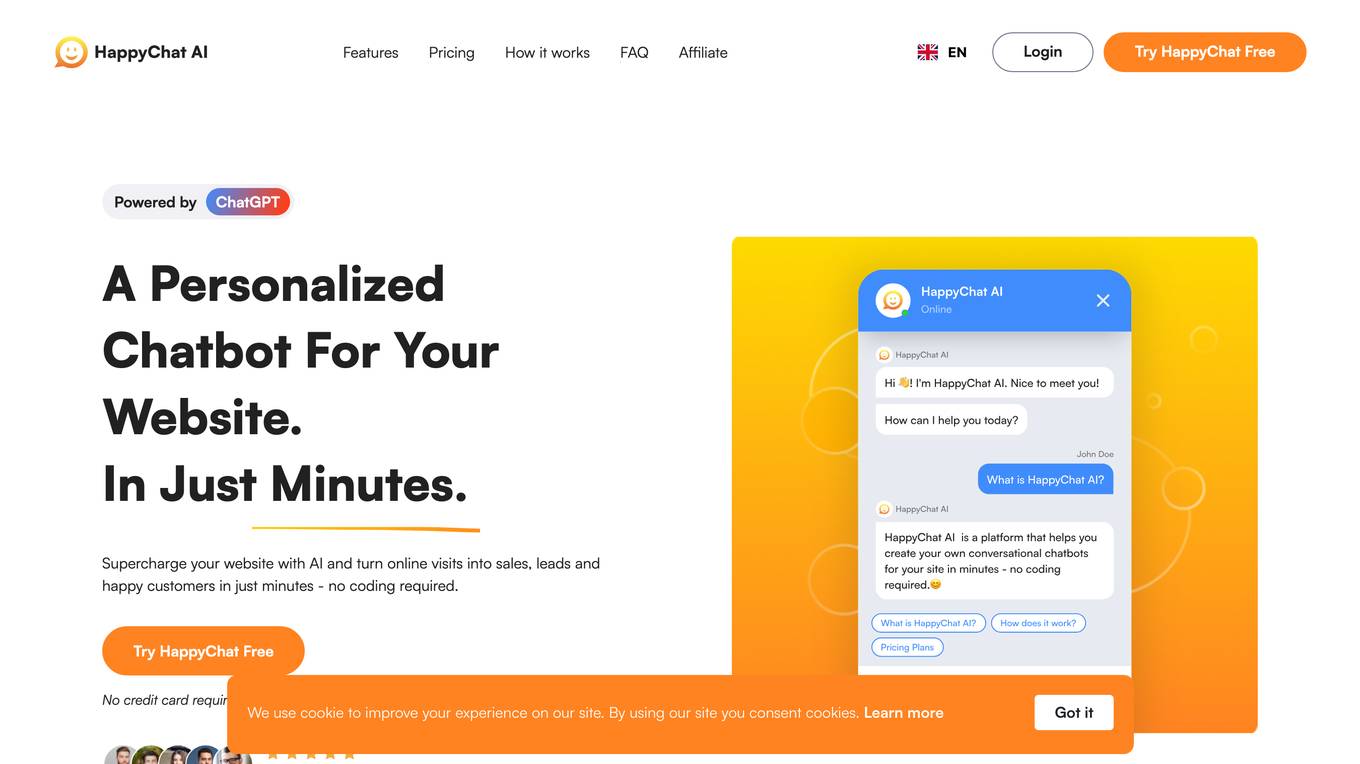
404 Error Page
The website displays a '404 - Page not found' error message, indicating that the requested page does not exist or has been moved. It seems to be a generic error page that users encounter when trying to access a non-existent or relocated webpage.
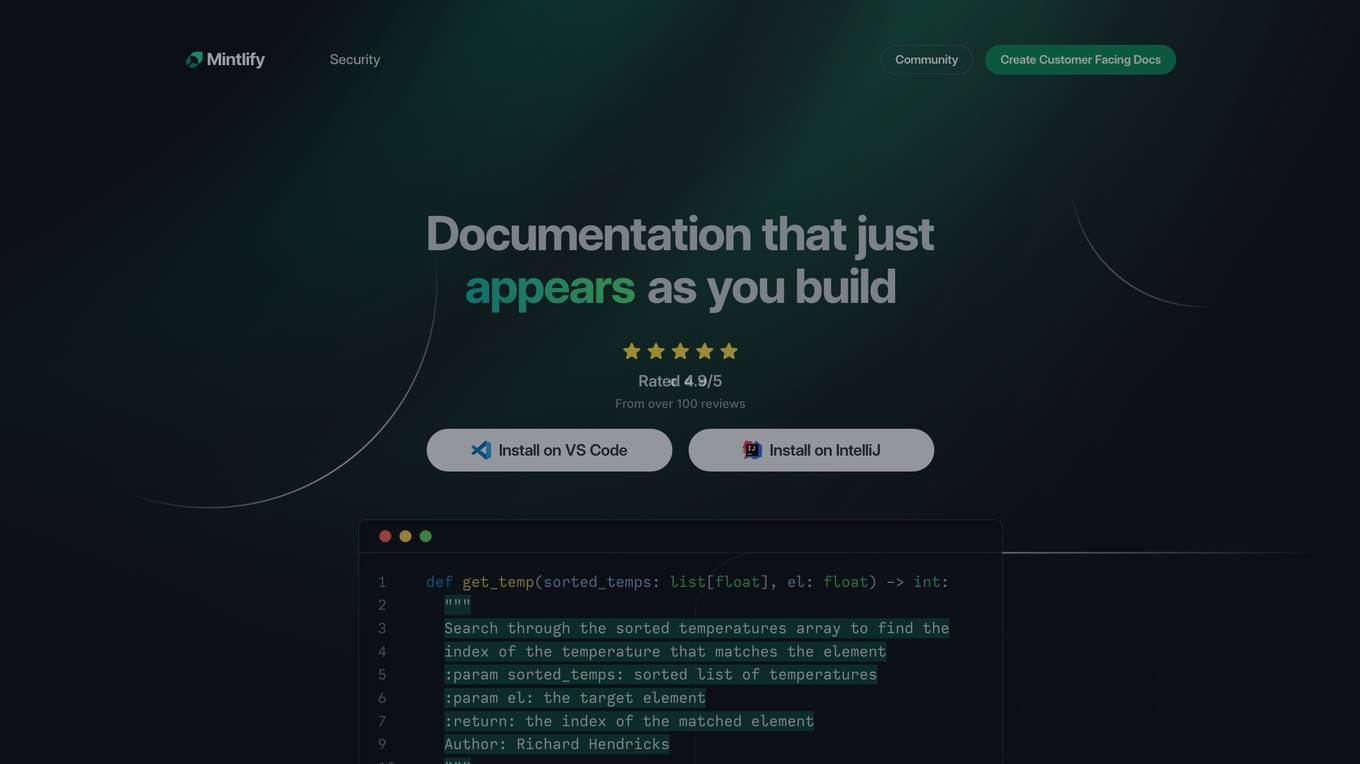
Mintlify
Mintlify.com is a website that encountered an SSL handshake failed error, specifically error code 525. The issue seems to be related to Cloudflare's inability to establish an SSL connection to the origin server. Visitors are advised to try again in a few minutes, while website owners are encouraged to check their SSL configuration compatibility with Cloudflare. The error message provides troubleshooting information and a unique Cloudflare Ray ID for reference.

glasp.co
The website glasp.co is a security service using Cloudflare to protect itself from online attacks. Users may encounter a block due to various triggers such as submitting specific words or phrases, SQL commands, or malformed data. In such cases, users can contact the site owner via email to resolve the issue. Cloudflare Ray ID is provided for reference.
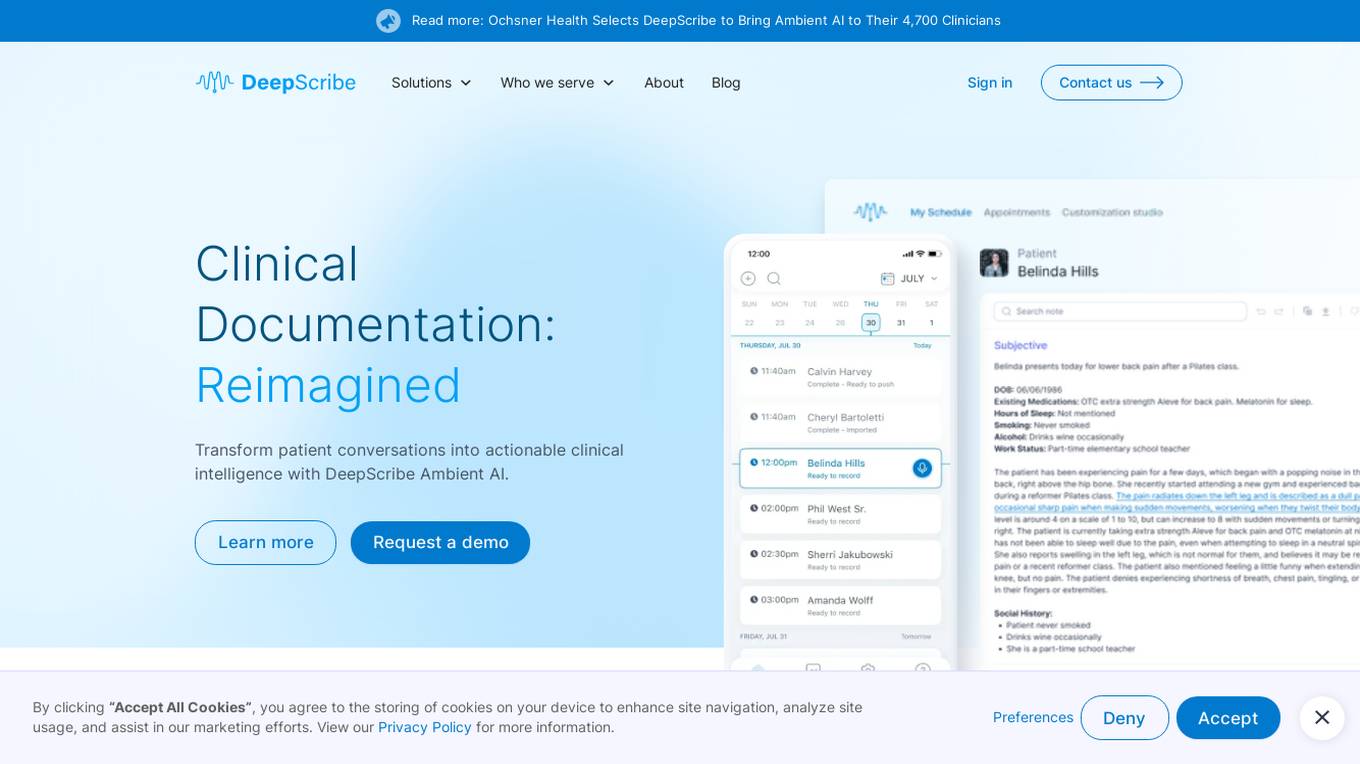
DeepScribe
DeepScribe is an AI medical scribe application that leverages advanced speech recognition technology to capture clinical conversations with extreme accuracy. It empowers clinicians and health systems with real-time AI insights, offers customization options to match provider workflows, and ensures trust and safety through features that promote AI transparency. DeepScribe is designed to save time, improve accuracy, drive adoption, and maximize revenue for doctors, hospitals, and health systems. The application is built for enterprise use, allowing users to unlock the power of AI and modernize their patient data strategy.
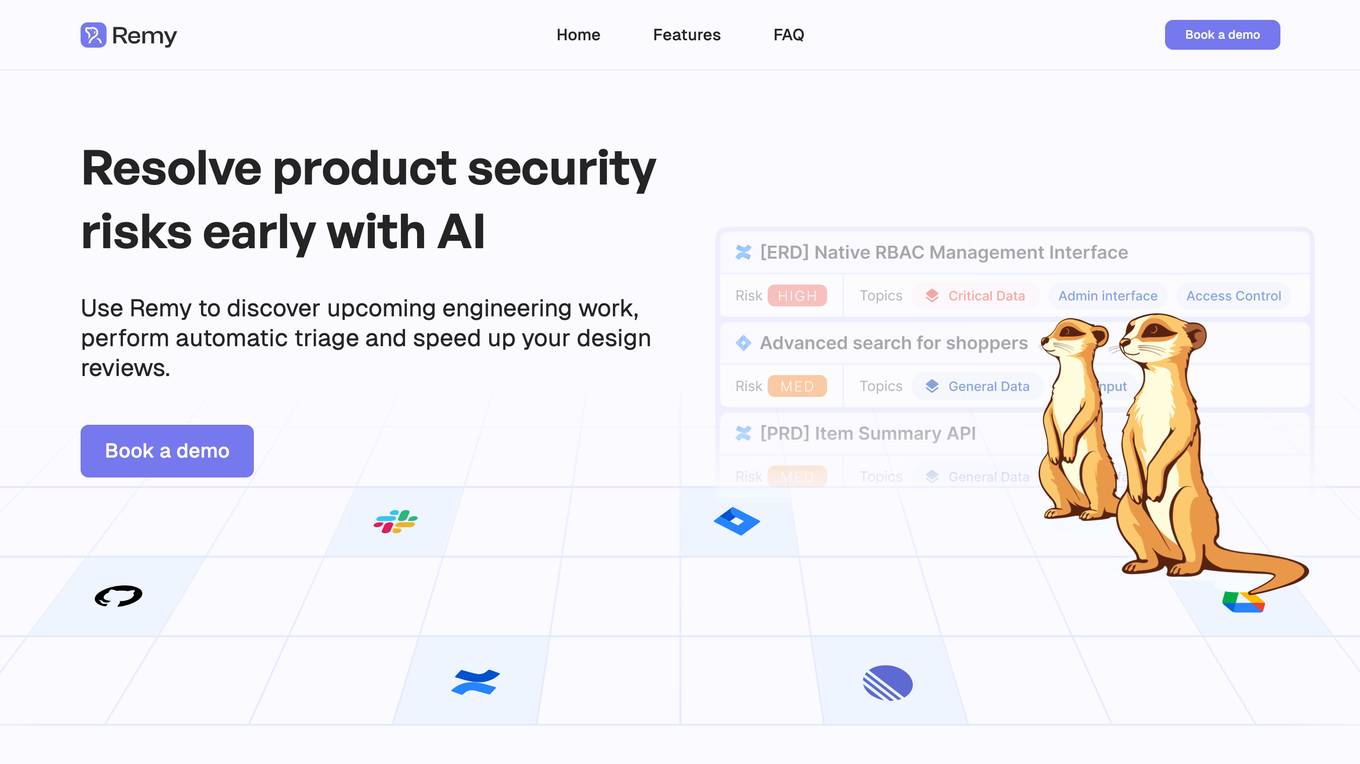
OpenResty
The website is currently displaying a '403 Forbidden' error, which indicates that the server understood the request, but is refusing to fulfill it. This error message is often encountered when trying to access a webpage or resource that is restricted or unavailable to the user. The 'openresty' mentioned in the text refers to a web platform based on NGINX and LuaJIT, commonly used for building high-performance web applications. It is designed to handle a large number of concurrent connections and requests efficiently.

OpenResty
The website appears to be displaying a '403 Forbidden' error message, which typically means that the user is not authorized to access the requested page. This error is often encountered when trying to access a webpage without the necessary permissions. The message 'openresty' suggests that the website may be using the OpenResty web platform. OpenResty is a web platform based on NGINX and Lua that is commonly used for building dynamic web applications. It provides a powerful and flexible environment for developing and deploying web services.

OpenResty
The website appears to be experiencing a 403 Forbidden error, which means that access to the requested resource is denied. This error is typically caused by insufficient permissions or misconfiguration on the server side. The message '403 Forbidden openresty' indicates that the server is using the OpenResty web platform to handle incoming requests. OpenResty is a high-performance web platform based on Nginx and LuaJIT, commonly used for building dynamic web applications. Users encountering this error may need to contact the website administrator for assistance in resolving the access issue.
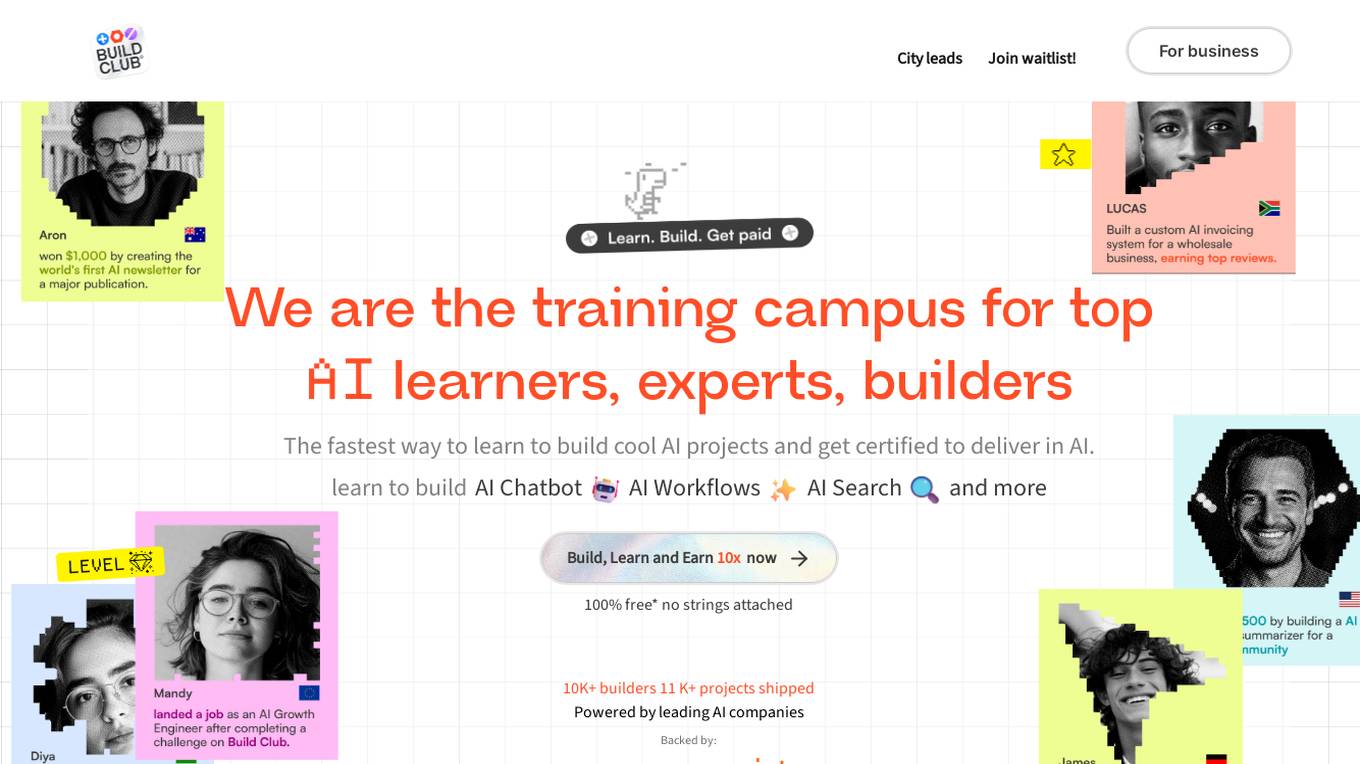
Build Club
Build Club is a leading training campus for AI learners, experts, and builders. It offers a platform where individuals can upskill into AI careers, get certified by top AI companies, learn the latest AI tools, and earn money by solving real problems. The community at Build Club consists of AI learners, engineers, consultants, and founders who collaborate on cutting-edge AI projects. The platform provides challenges, support, and resources to help individuals build AI projects and advance their skills in the field.

Unified DevOps platform to build AI applications
This is a unified DevOps platform to build AI applications. It provides a comprehensive set of tools and services to help developers build, deploy, and manage AI applications. The platform includes a variety of features such as a code editor, a debugger, a profiler, and a deployment manager. It also provides access to a variety of AI services, such as natural language processing, machine learning, and computer vision.
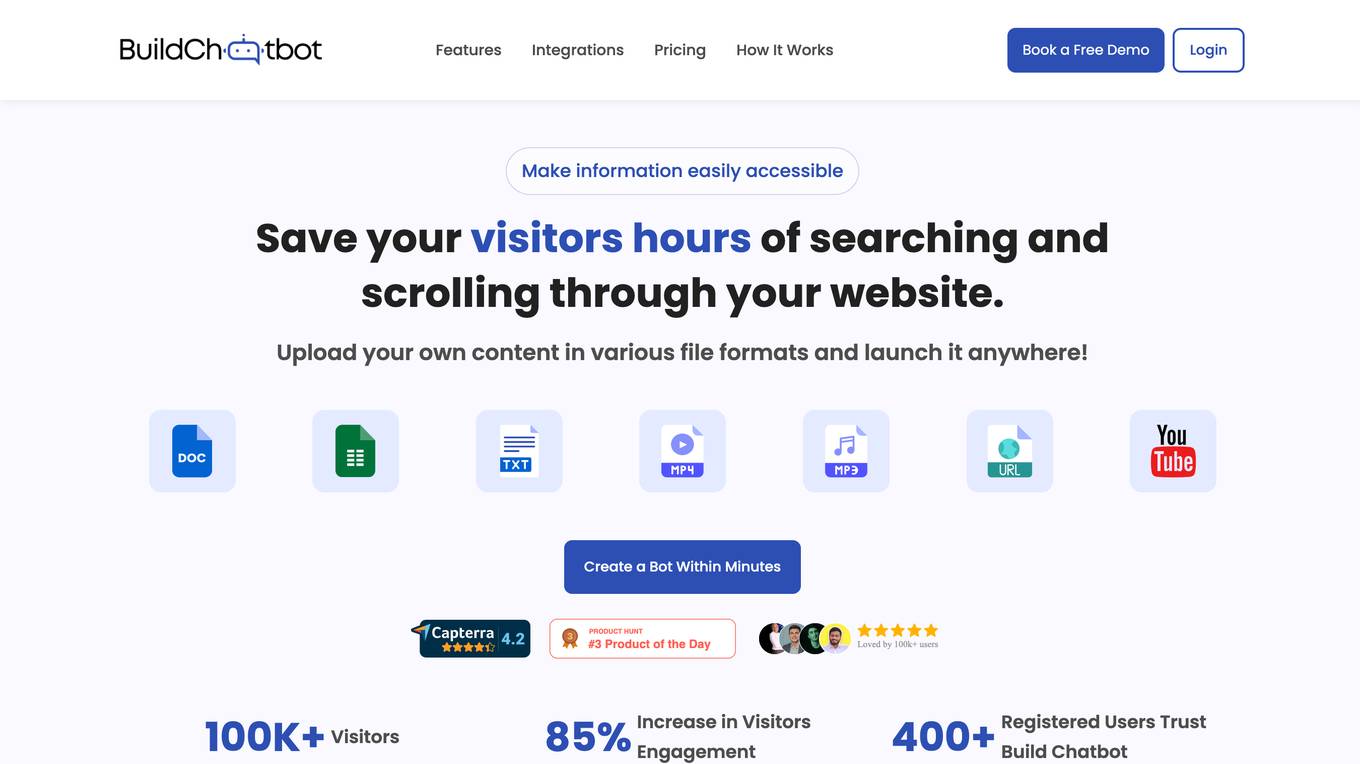
Build Chatbot
Build Chatbot is a no-code chatbot builder designed to simplify the process of creating chatbots. It enables users to build their chatbot without any coding knowledge, auto-train it with personalized content, and get the chatbot ready with an engaging UI. The platform offers various features to enhance user engagement, provide personalized responses, and streamline communication with website visitors. Build Chatbot aims to save time for both businesses and customers by making information easily accessible and transforming visitors into satisfied customers.
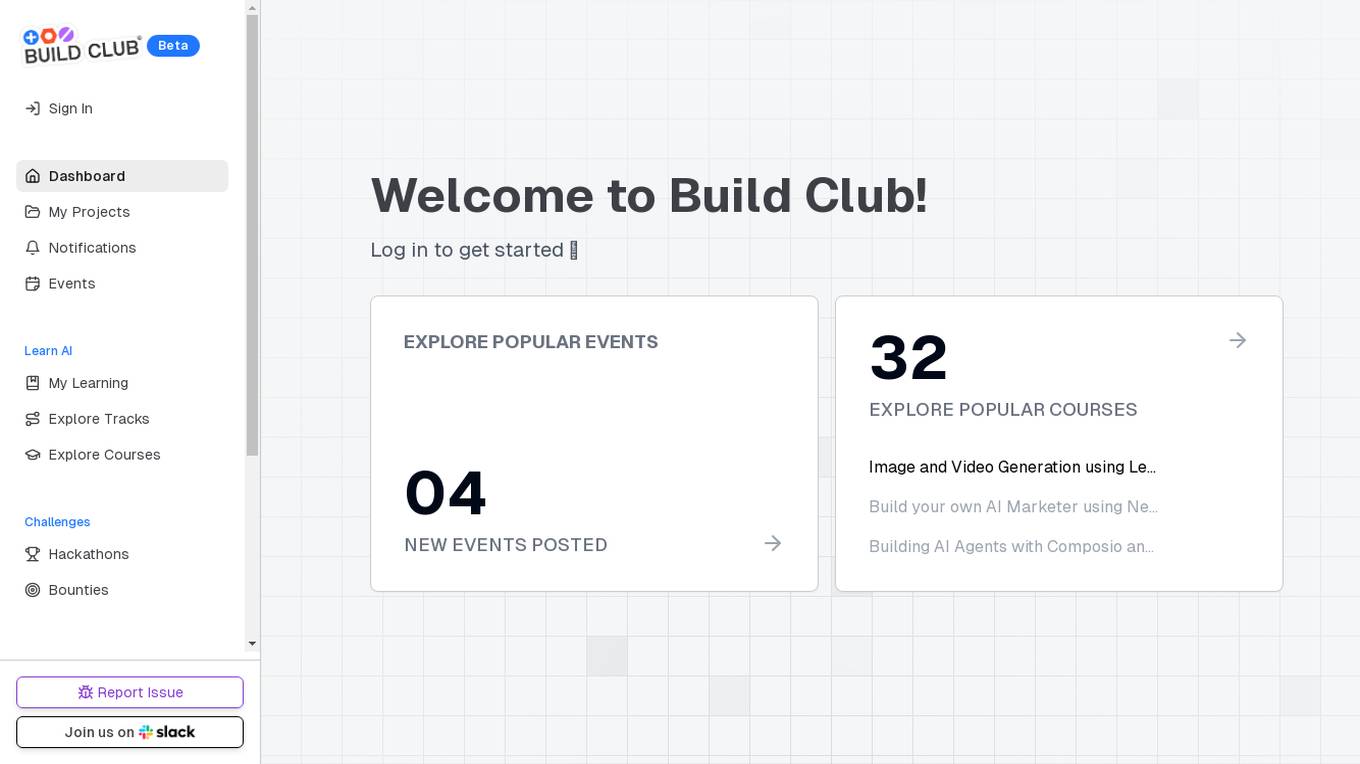
Build Club
Build Club is an AI tool designed to help individuals learn and explore various aspects of artificial intelligence. The platform offers a wide range of courses, challenges, hackathons, and community projects to enhance users' AI skills. Users can build AI models for tasks like image and video generation, AI marketing, and creating AI agents. Build Club aims to create a collaborative learning environment for AI enthusiasts to grow their knowledge and skills in the field of artificial intelligence.
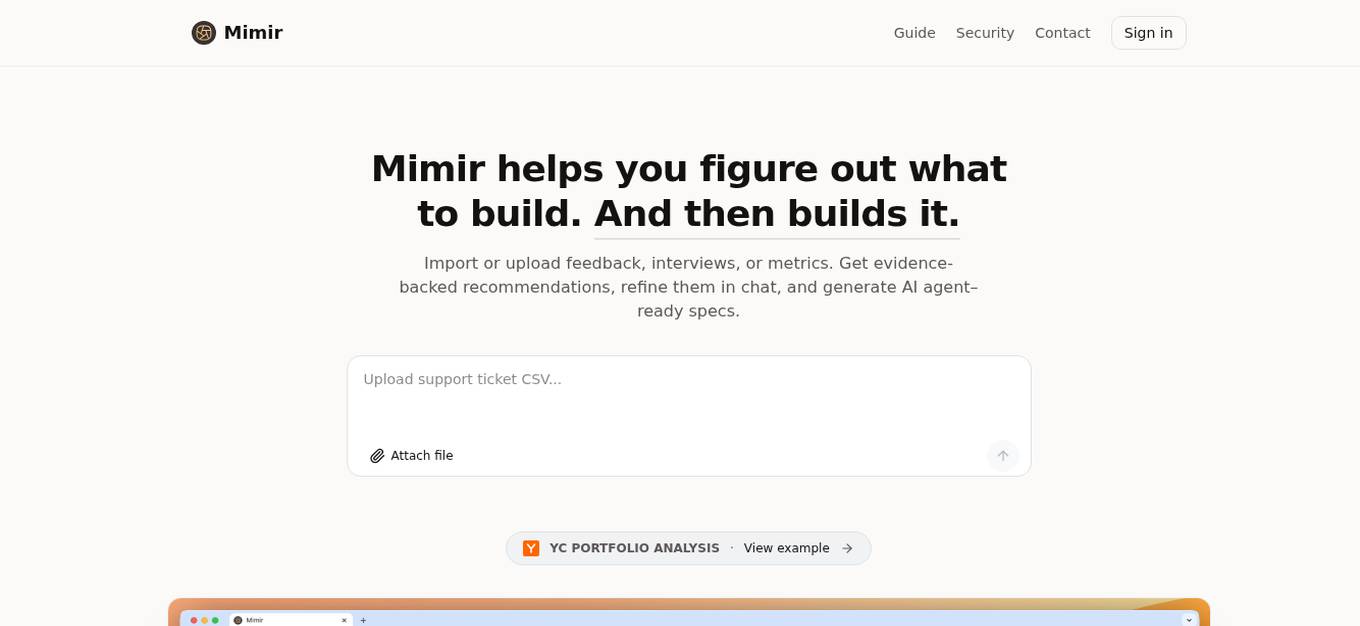
Mimir
Mimir is an AI-native product management tool that helps users figure out what to build next by importing or uploading feedback, interviews, or metrics. It provides evidence-backed recommendations, refines them in chat, and generates AI agent-ready specs. Mimir stands out by creating GitHub issues from recommendations with complete specs and implementation tasks, enabling users to ship features in hours. The tool extracts structured insights, clusters them into themes, and generates prioritized recommendations based on product management best practices. Mimir learns from every interaction, aligning recommendations with the user's business context over time.
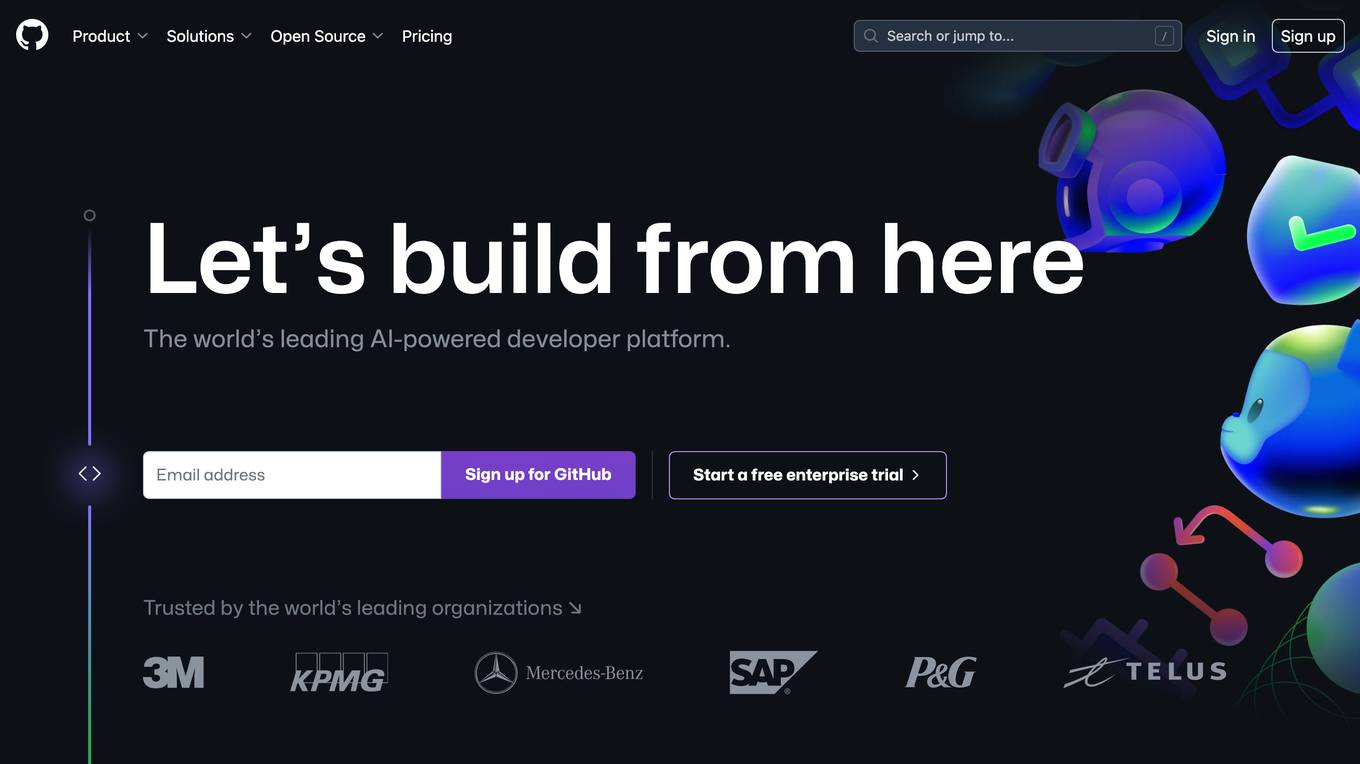
GitHub
GitHub is a collaborative platform that allows users to build and ship software efficiently. GitHub Copilot, an AI-powered tool, helps developers write better code by providing coding assistance, automating workflows, and enhancing security. The platform offers features such as instant dev environments, code review, code search, and collaboration tools. GitHub is widely used by enterprises, small and medium teams, startups, and nonprofits across various industries. It aims to simplify the development process, increase productivity, and improve the overall developer experience.
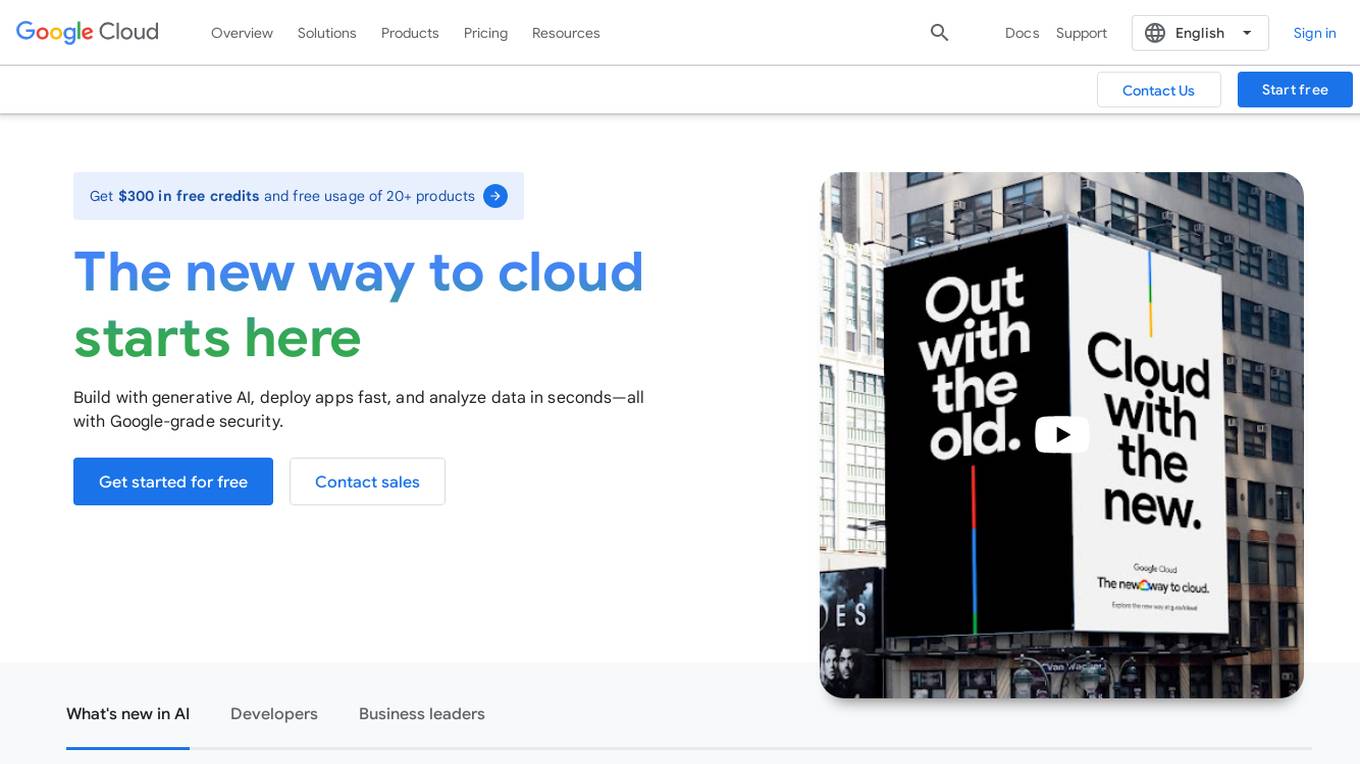
Google Cloud
Google Cloud is a suite of cloud computing services that runs on the same infrastructure as Google. Its services include computing, storage, networking, databases, machine learning, and more. Google Cloud is designed to make it easy for businesses to develop and deploy applications in the cloud. It offers a variety of tools and services to help businesses with everything from building and deploying applications to managing their infrastructure. Google Cloud is also committed to sustainability, and it has a number of programs in place to reduce its environmental impact.
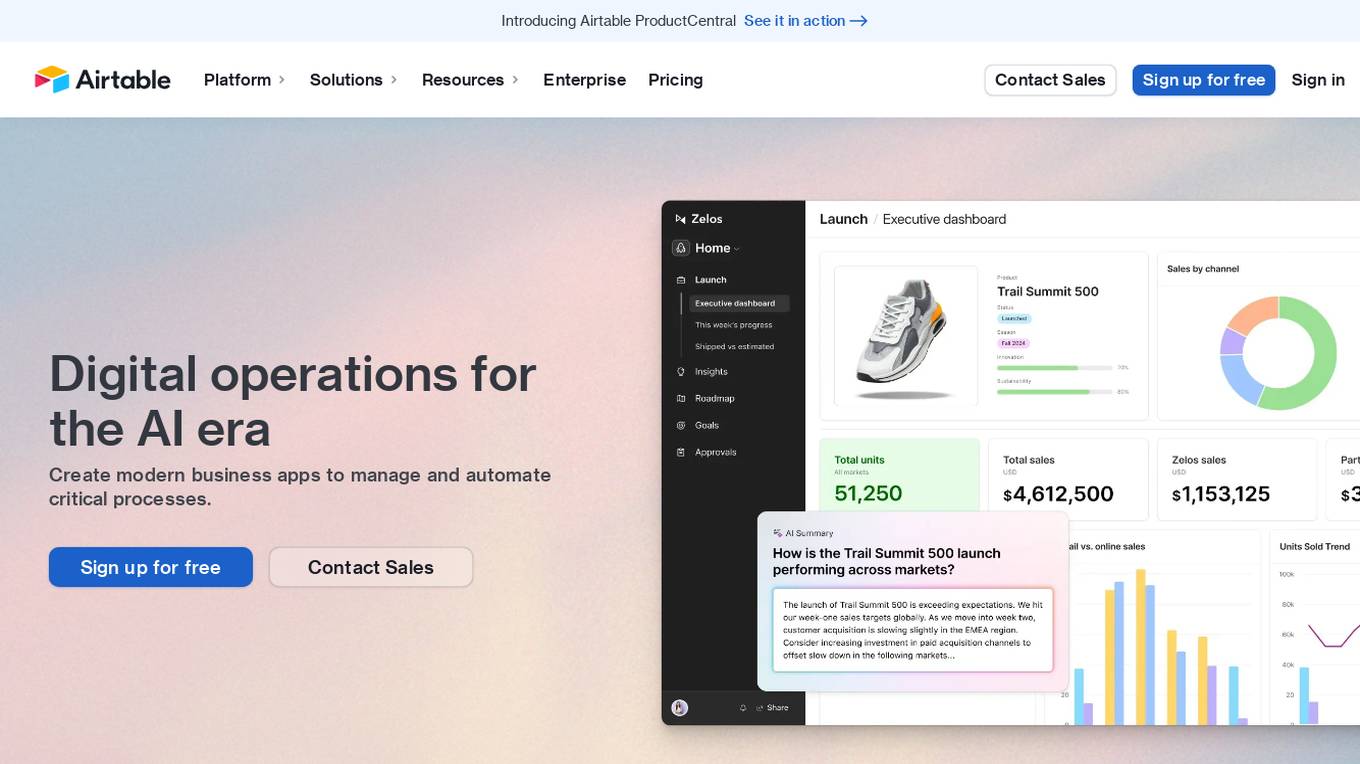
Airtable
Airtable is a next-gen app-building platform that enables teams to create custom business apps without the need for coding. It offers features like AI integration, connected data, automations, interface design, and data visualization. Airtable allows users to manage security, permissions, and data protection at scale. The platform also provides integrations with popular tools like Slack, Google Drive, and Salesforce, along with an extension marketplace for additional templates and apps. Users can streamline workflows, automate processes, and gain insights through reporting and analytics.
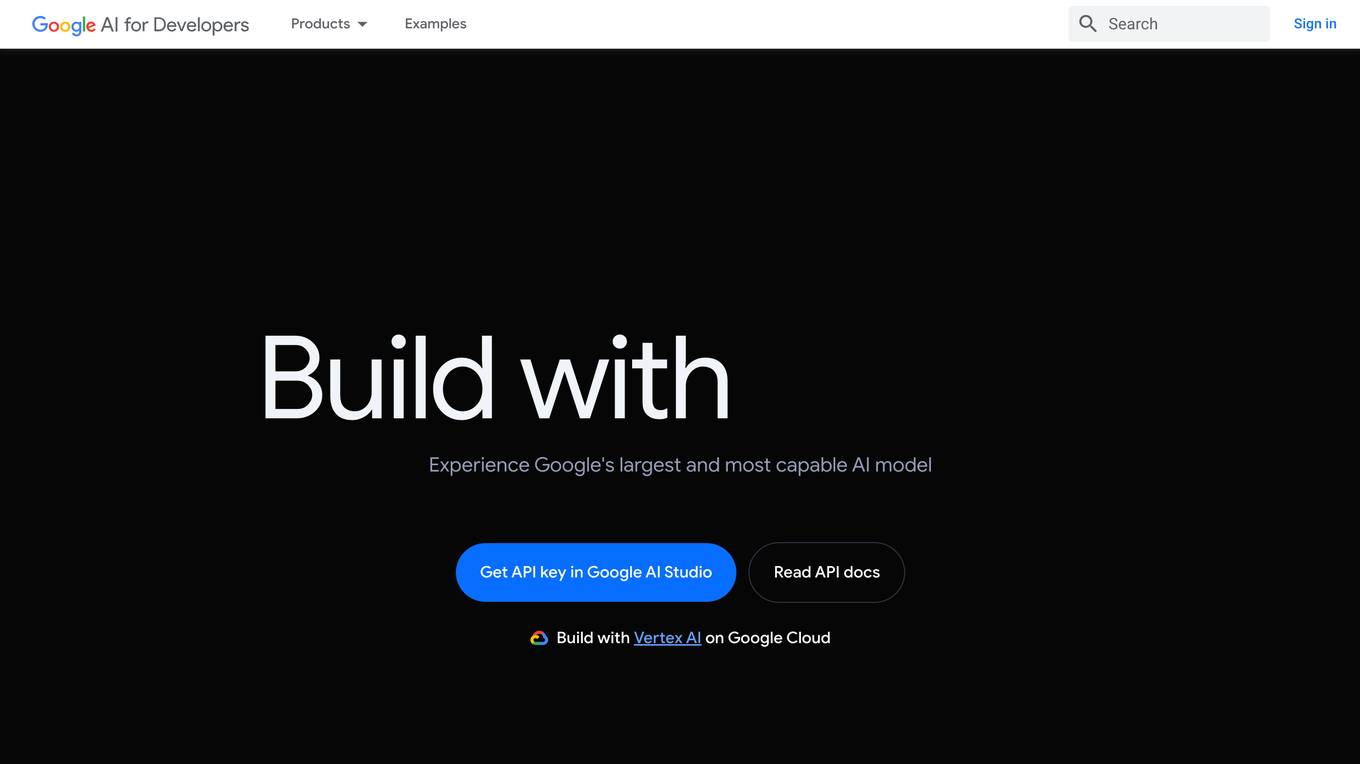
Gemini
Gemini is a large and powerful AI model developed by Google. It is designed to handle a wide variety of text and image reasoning tasks, and it can be used to build a variety of AI-powered applications. Gemini is available in three sizes: Ultra, Pro, and Nano. Ultra is the most capable model, but it is also the most expensive. Pro is the best performing model for a wide variety of tasks, and it is a good value for the price. Nano is the most efficient model, and it is designed for on-device use cases.
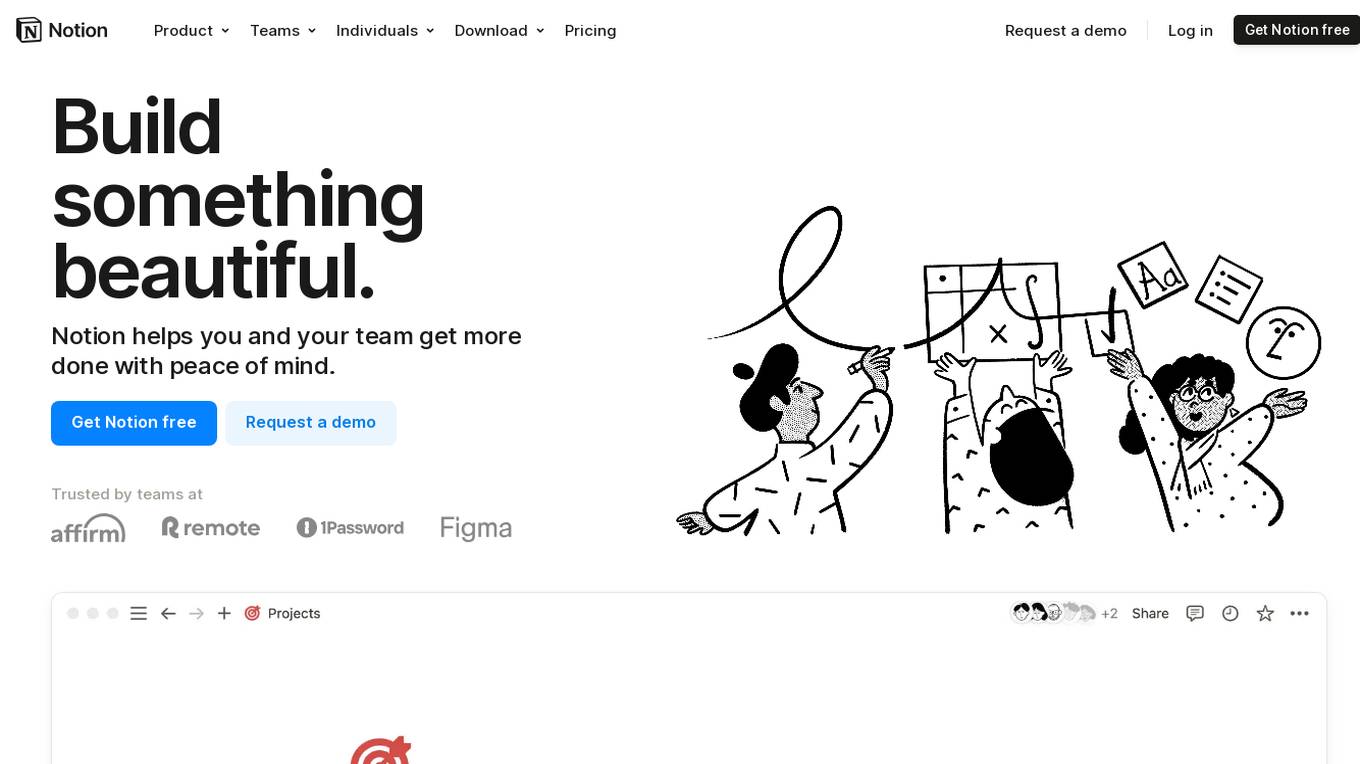
Notion
Notion is an AI-integrated workspace platform that combines wiki, docs, and project management functionalities in one tool. It offers a centralized hub for teams to collaborate, share knowledge, manage projects, and streamline workflows. With AI assistance, users can enhance their productivity by automating tasks, generating content, and finding information quickly. Notion aims to simplify work processes and empower teams to work more efficiently and creatively.
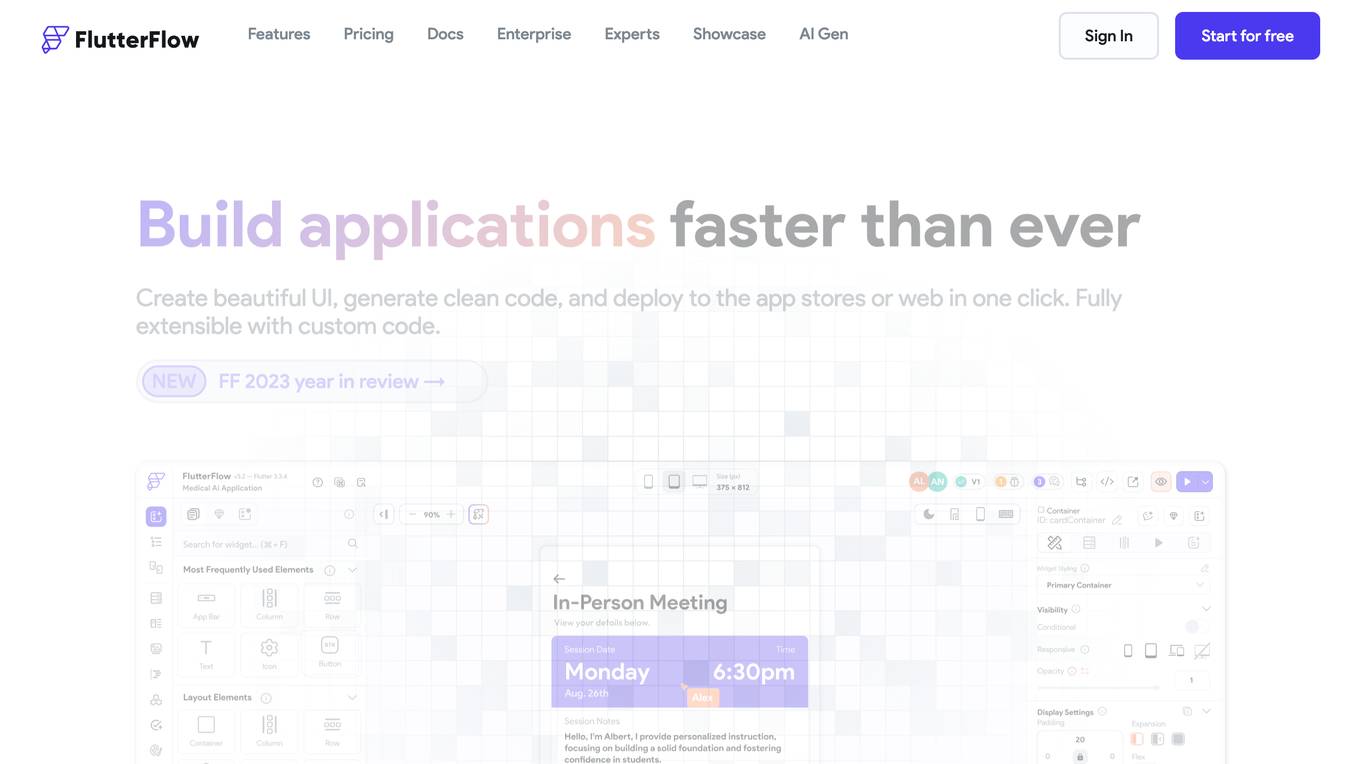
FlutterFlow
FlutterFlow is a low-code development platform that enables users to build cross-platform mobile and web applications without writing code. It provides a visual interface for designing user interfaces, connecting data, and implementing complex logic. FlutterFlow is trusted by users at leading companies around the world and has been used to build a wide range of applications, from simple prototypes to complex enterprise solutions.
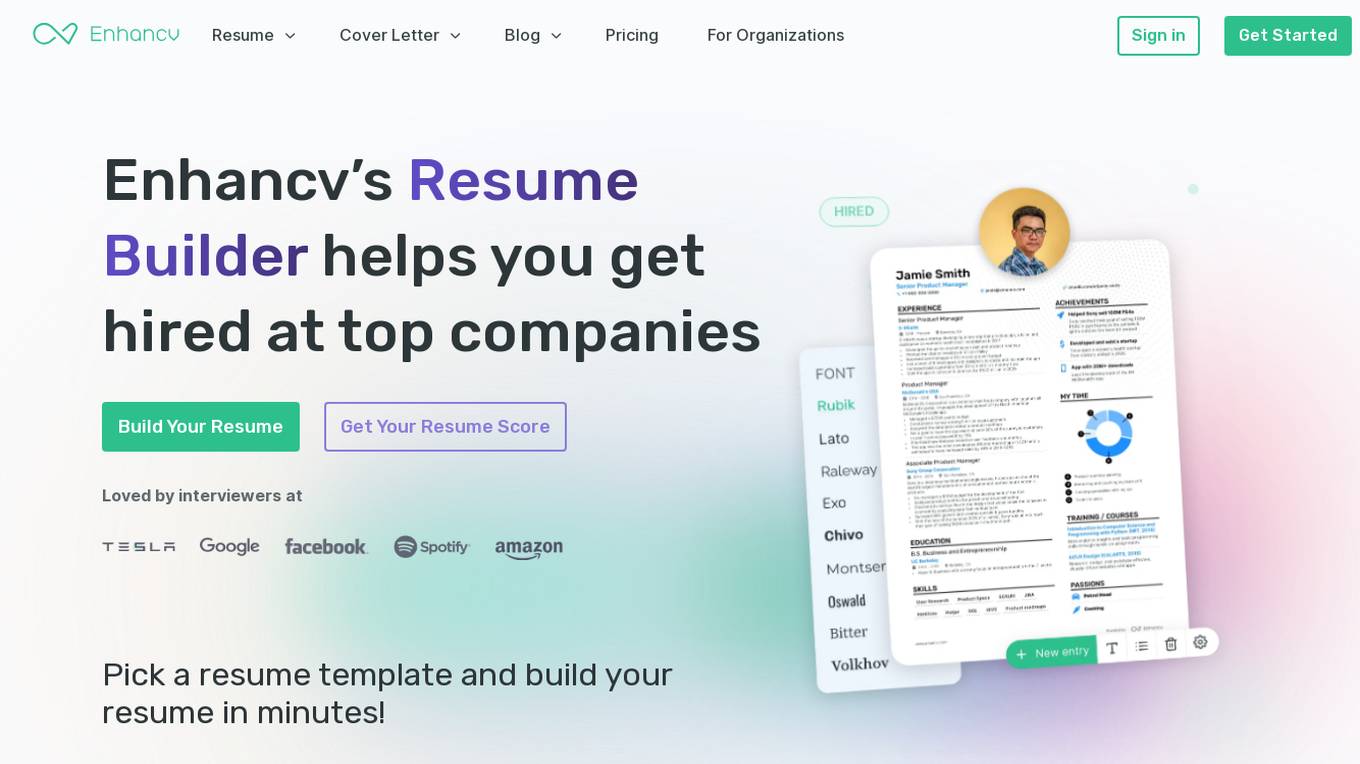
Enhancv
Enhancv is an AI-powered online resume builder that helps users create professional resumes and cover letters tailored to their job applications. The tool offers a drag-and-drop resume builder with a variety of modern templates, a resume checker that evaluates resumes for ATS-friendliness, and provides actionable suggestions. Enhancv also provides resume and CV examples written by experienced professionals, a resume tailoring feature, and a free resume checker. Users can download their resumes in PDF or TXT formats and store up to 30 documents in cloud storage.
0 - Open Source AI Tools
20 - OpenAI Gpts
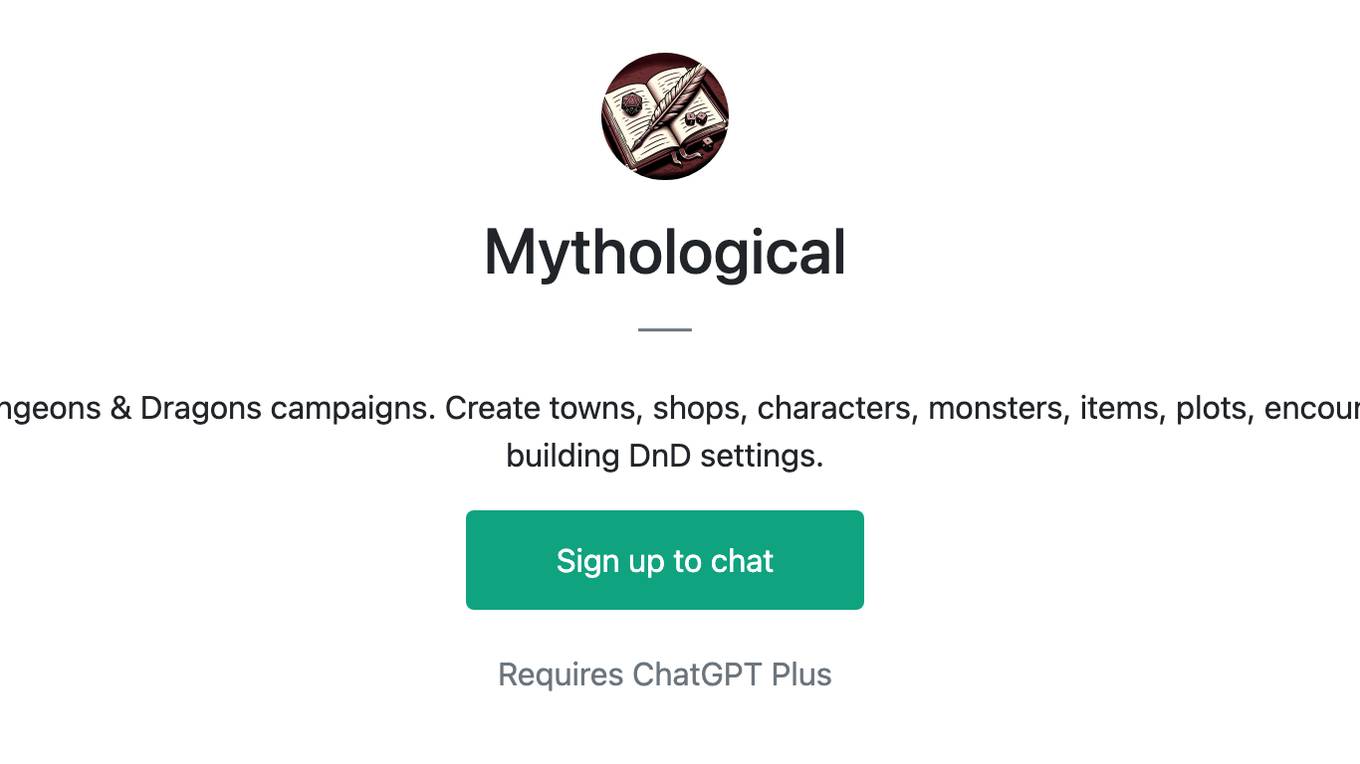
Mythological
A helpful assistant for D&D DMs running Dungeons & Dragons campaigns. Create towns, shops, characters, monsters, items, plots, encounters and more! Built for Dungeon Masters building DnD settings.
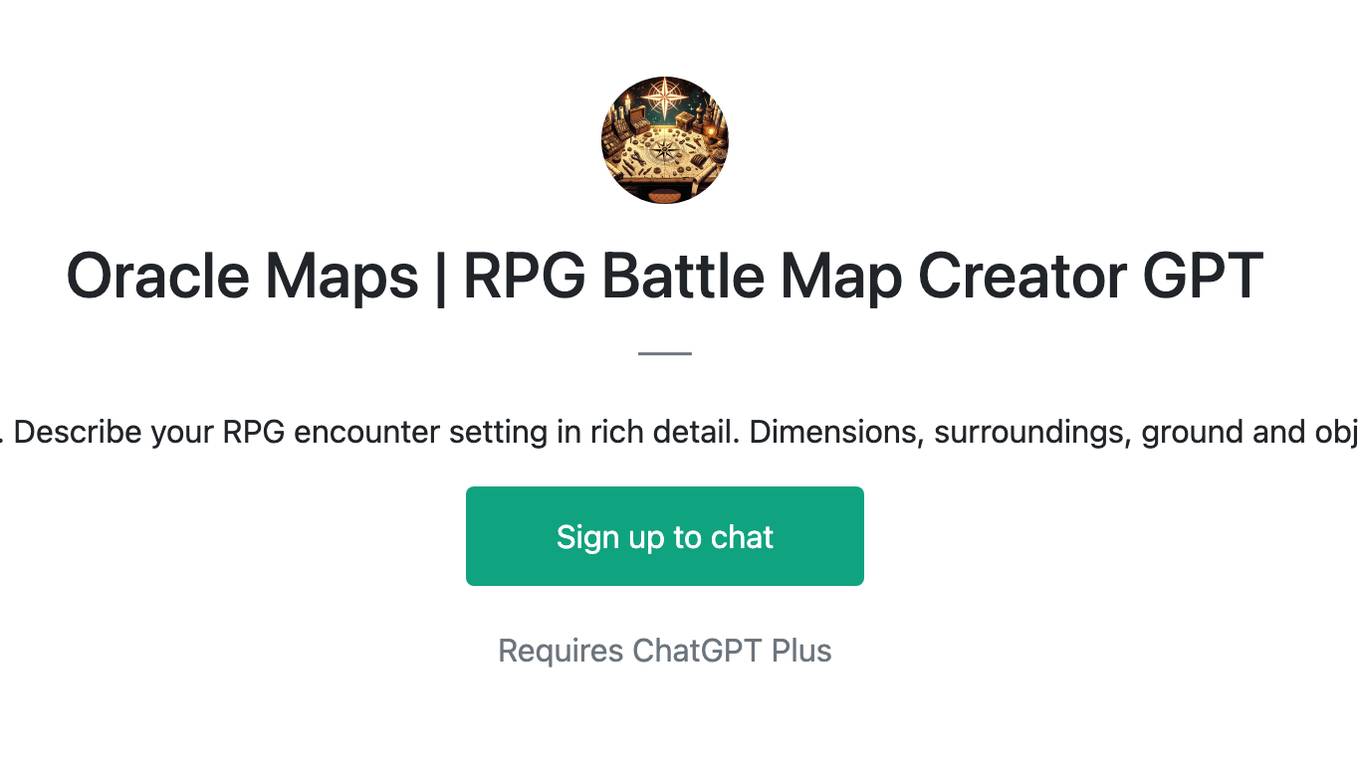
Oracle Maps | RPG Battle Map Creator GPT
Rich instant tactical top down grid maps. Describe your RPG encounter setting in rich detail. Dimensions, surroundings, ground and objects. Just not the monsters or players.
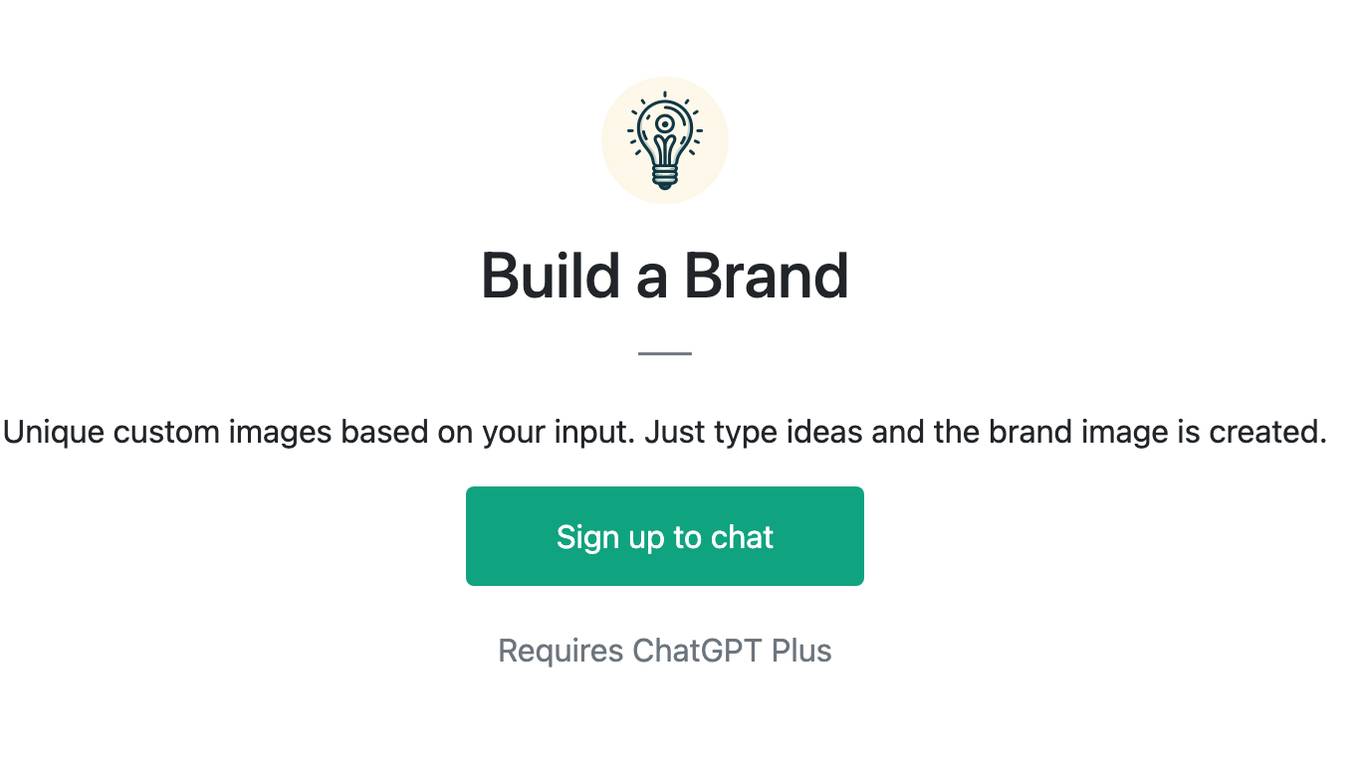
Build a Brand
Unique custom images based on your input. Just type ideas and the brand image is created.
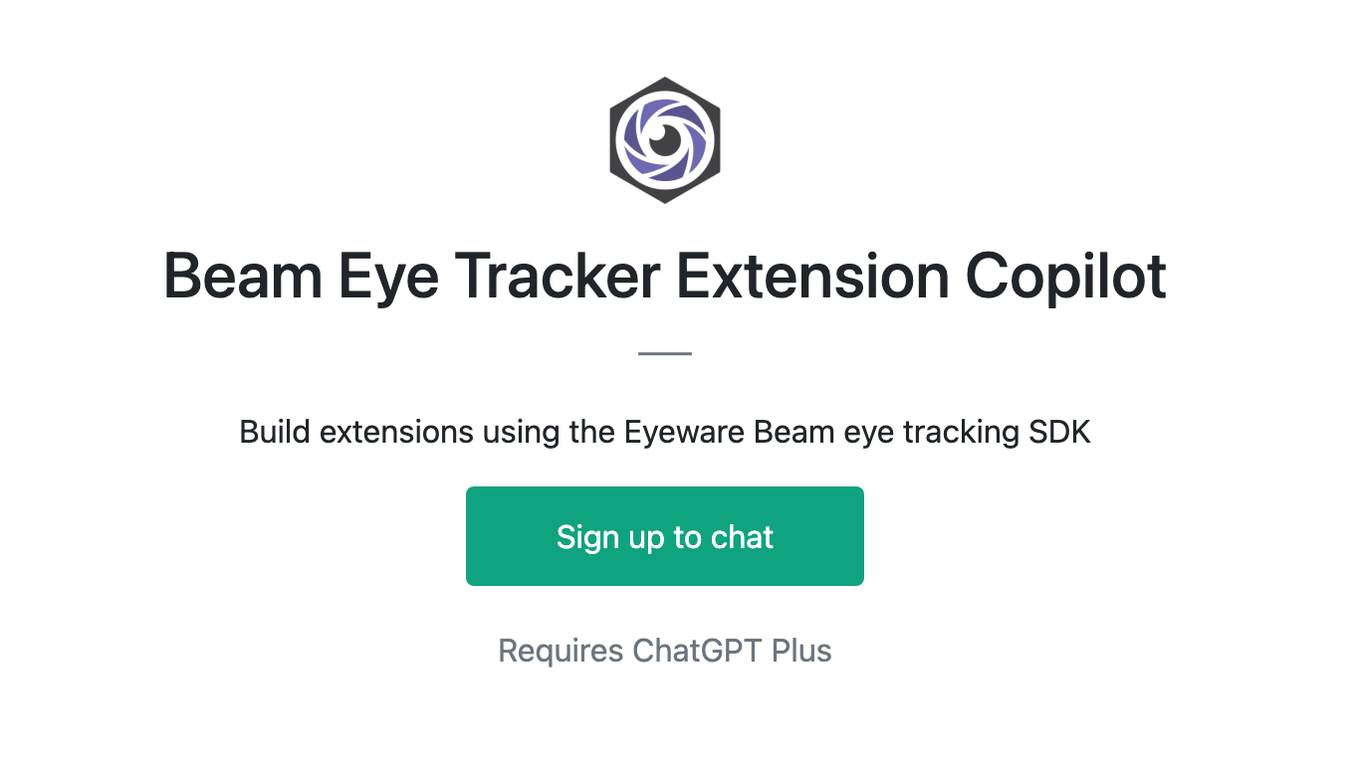
Beam Eye Tracker Extension Copilot
Build extensions using the Eyeware Beam eye tracking SDK

Business Model Canvas Strategist
Business Model Canvas Creator - Build and evaluate your business model

League Champion Builder GPT
Build your own League of Legends Style Champion with Abilities, Back Story and Splash Art
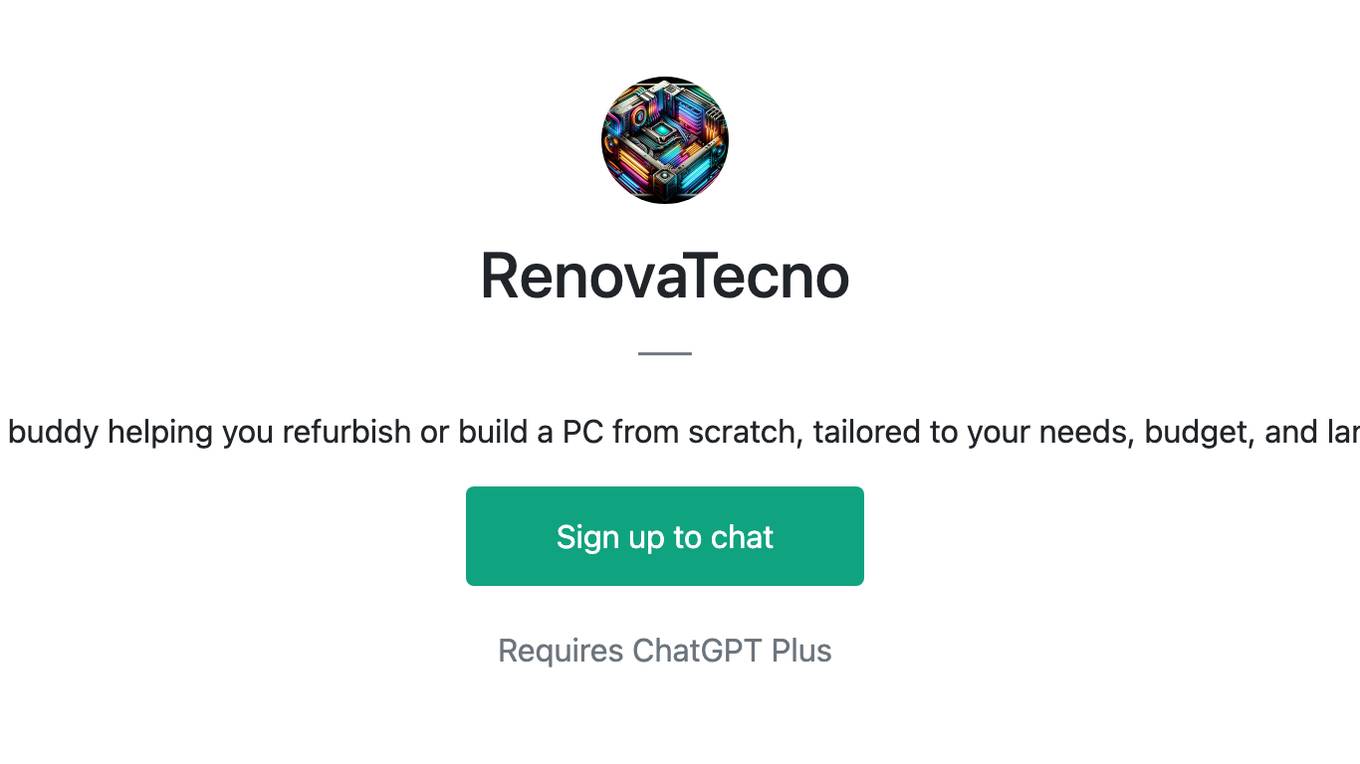
RenovaTecno
Your tech buddy helping you refurbish or build a PC from scratch, tailored to your needs, budget, and language.
